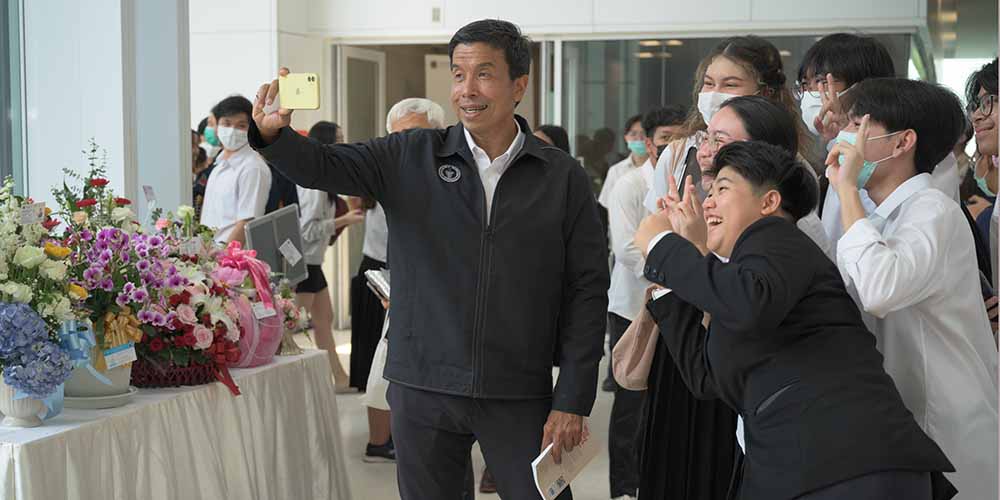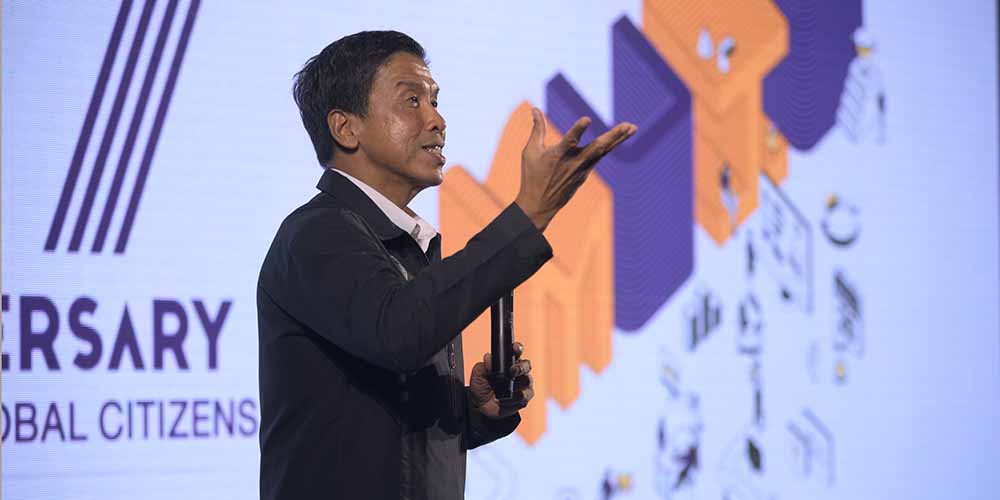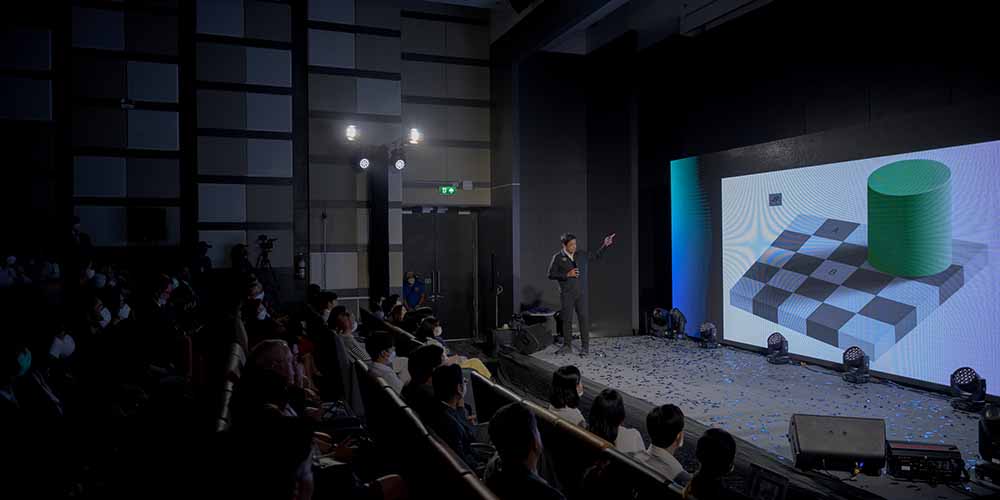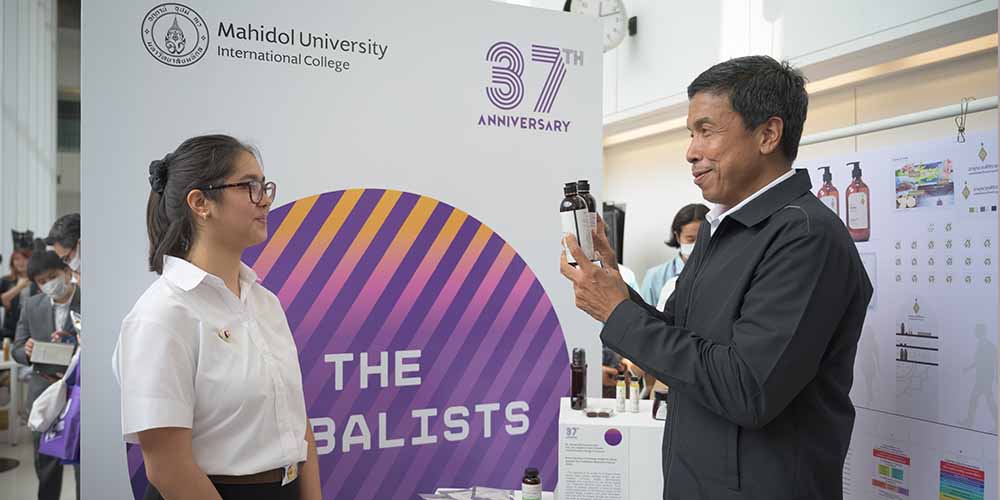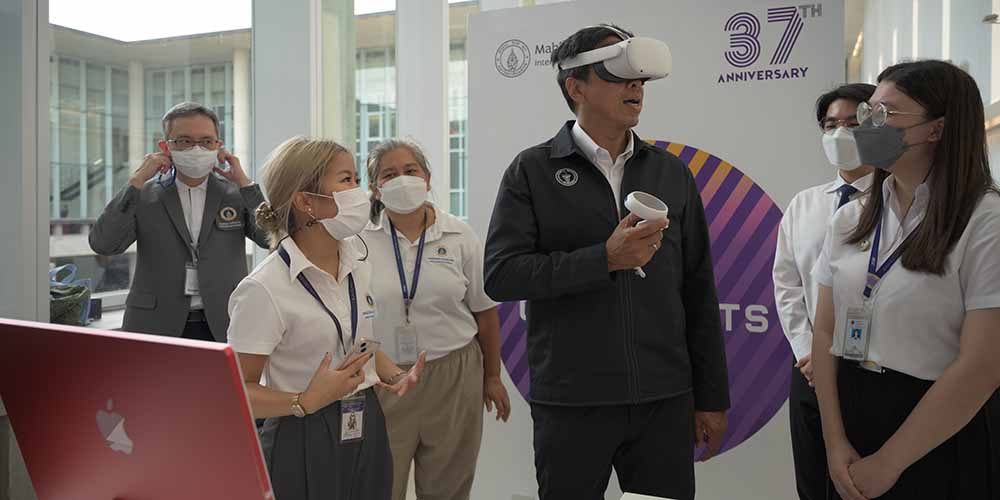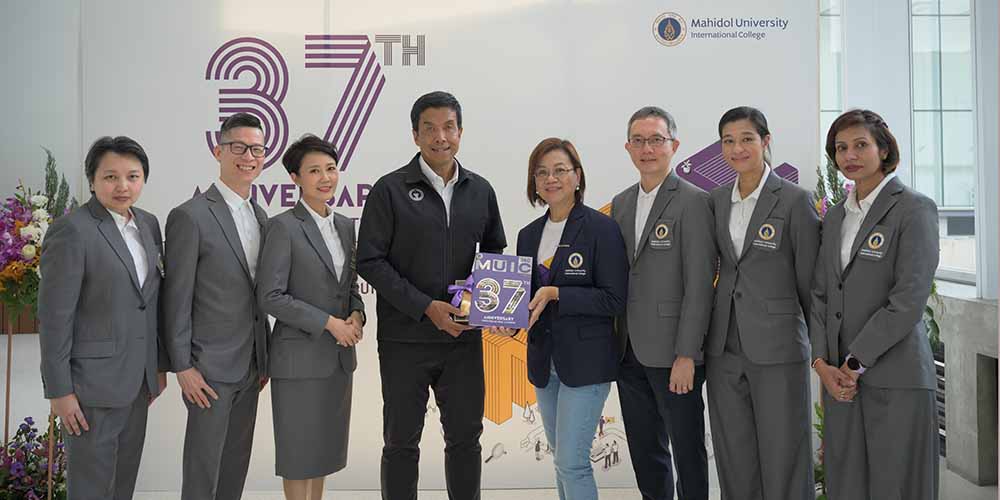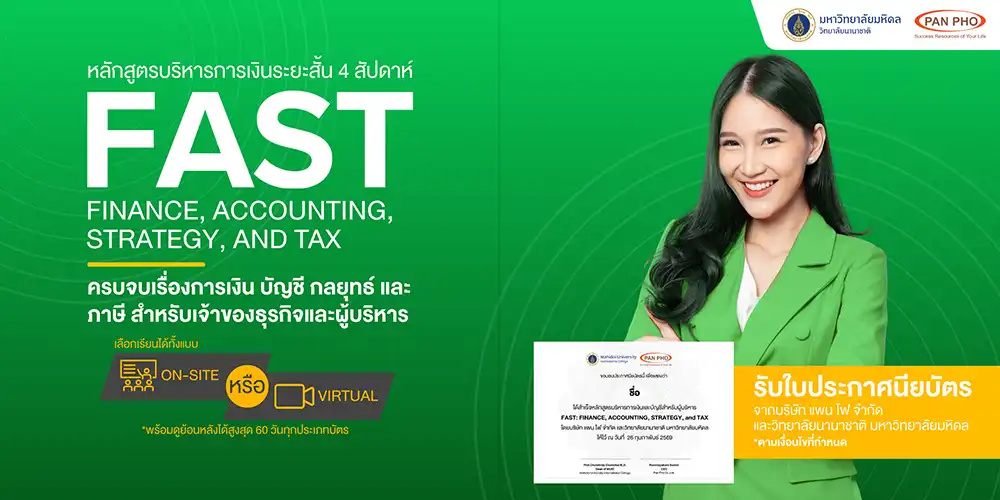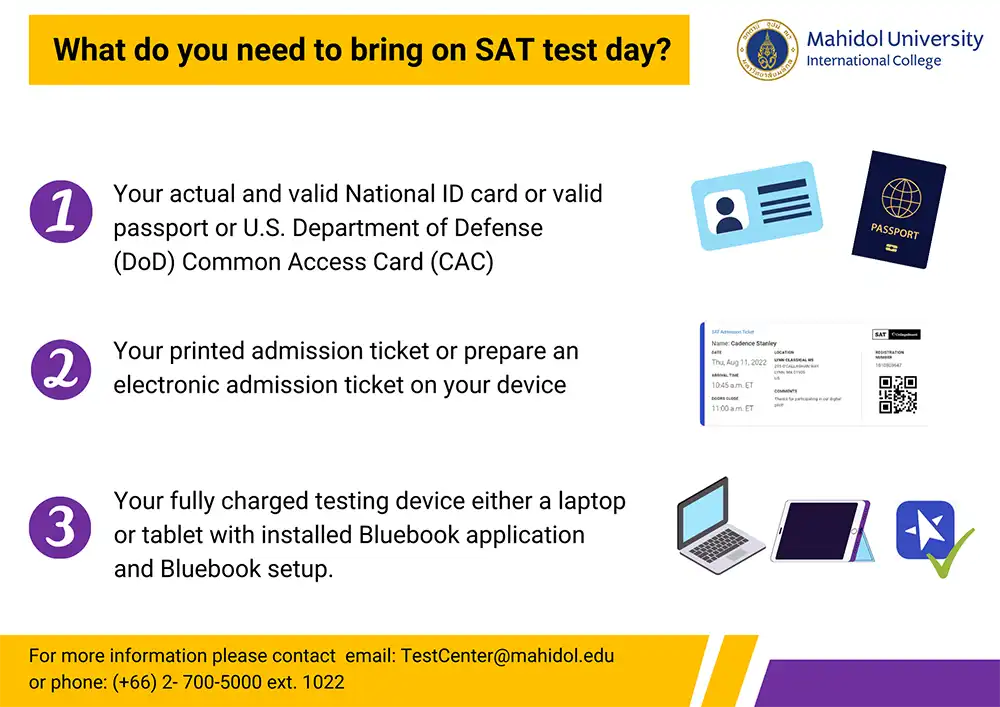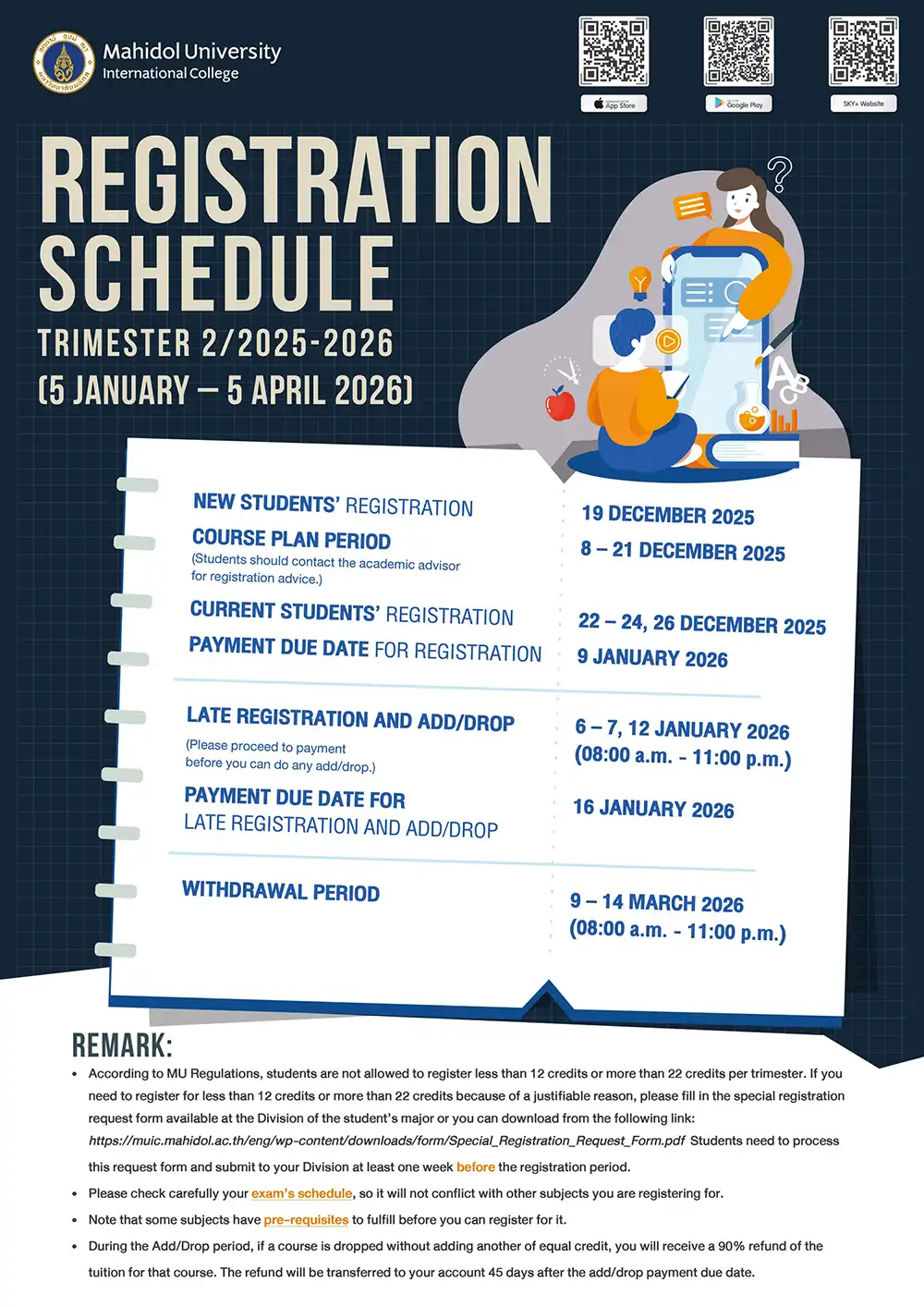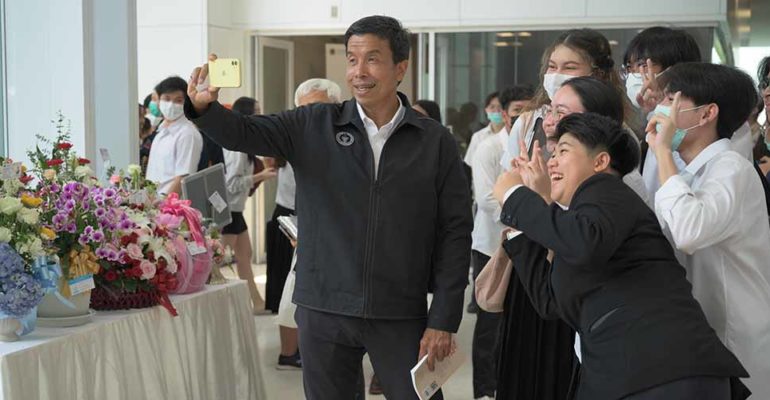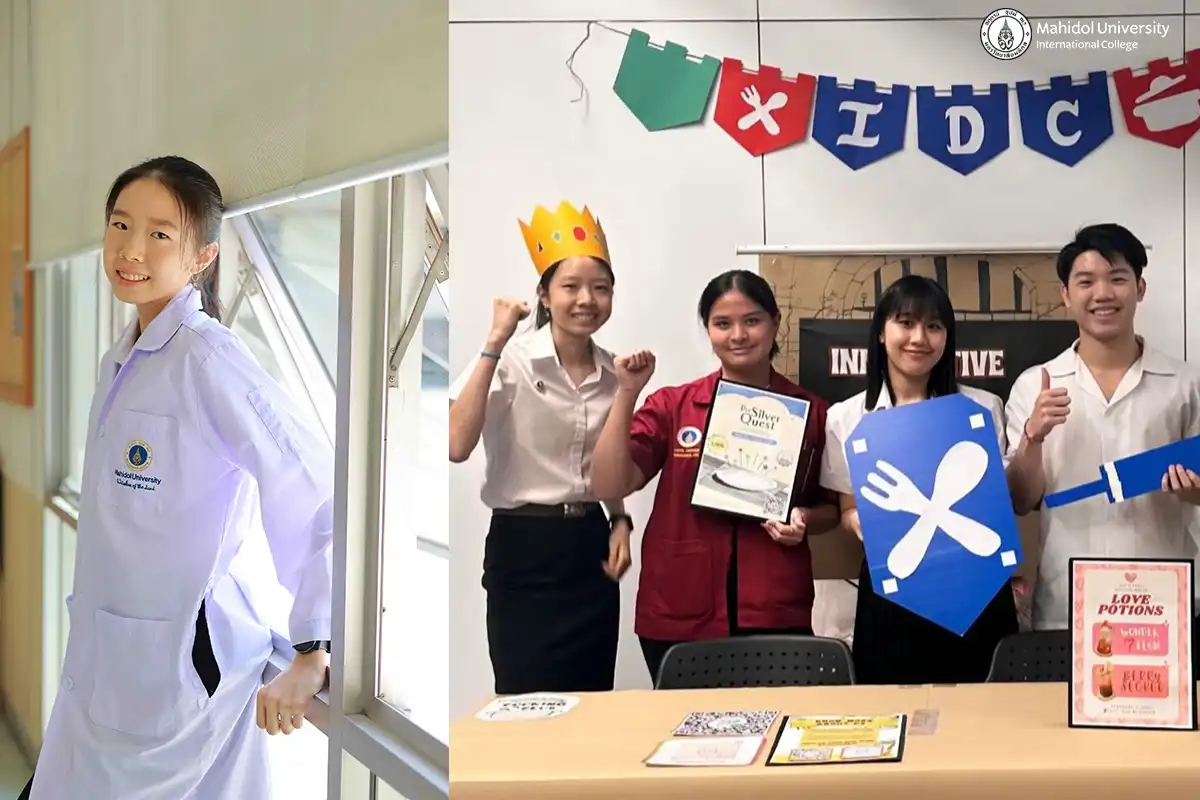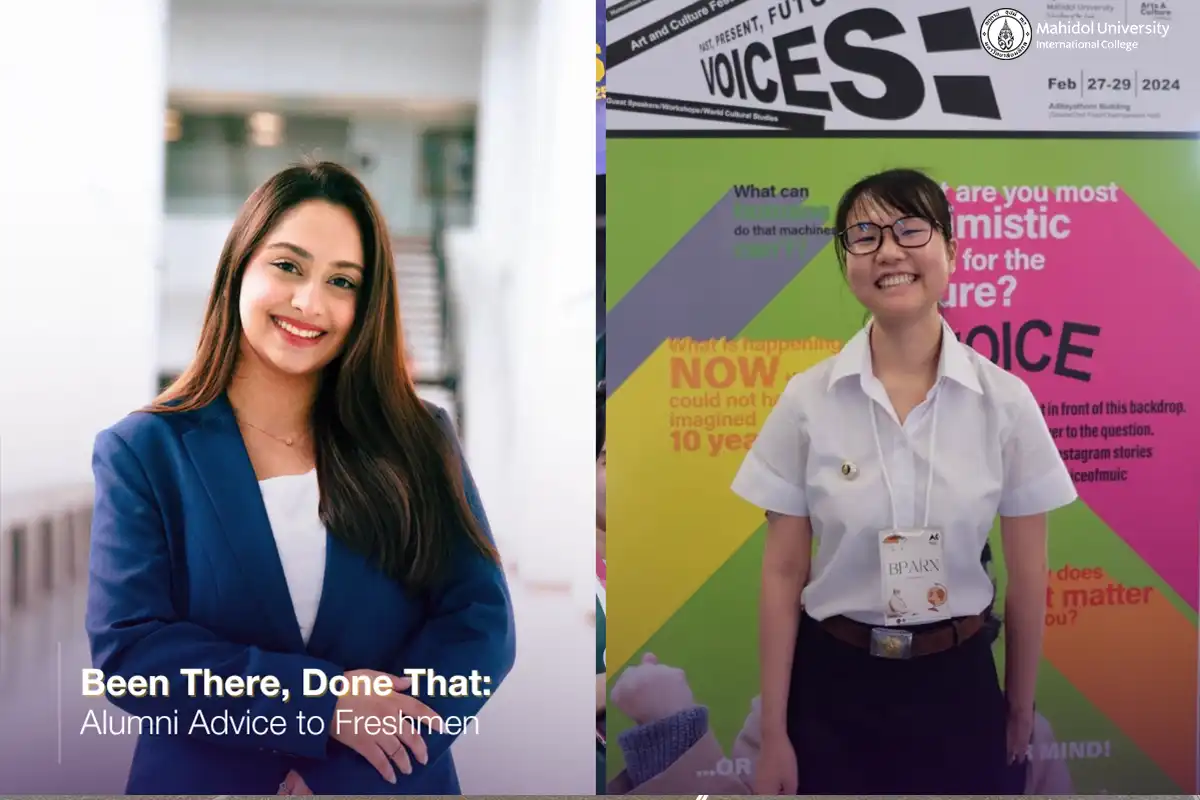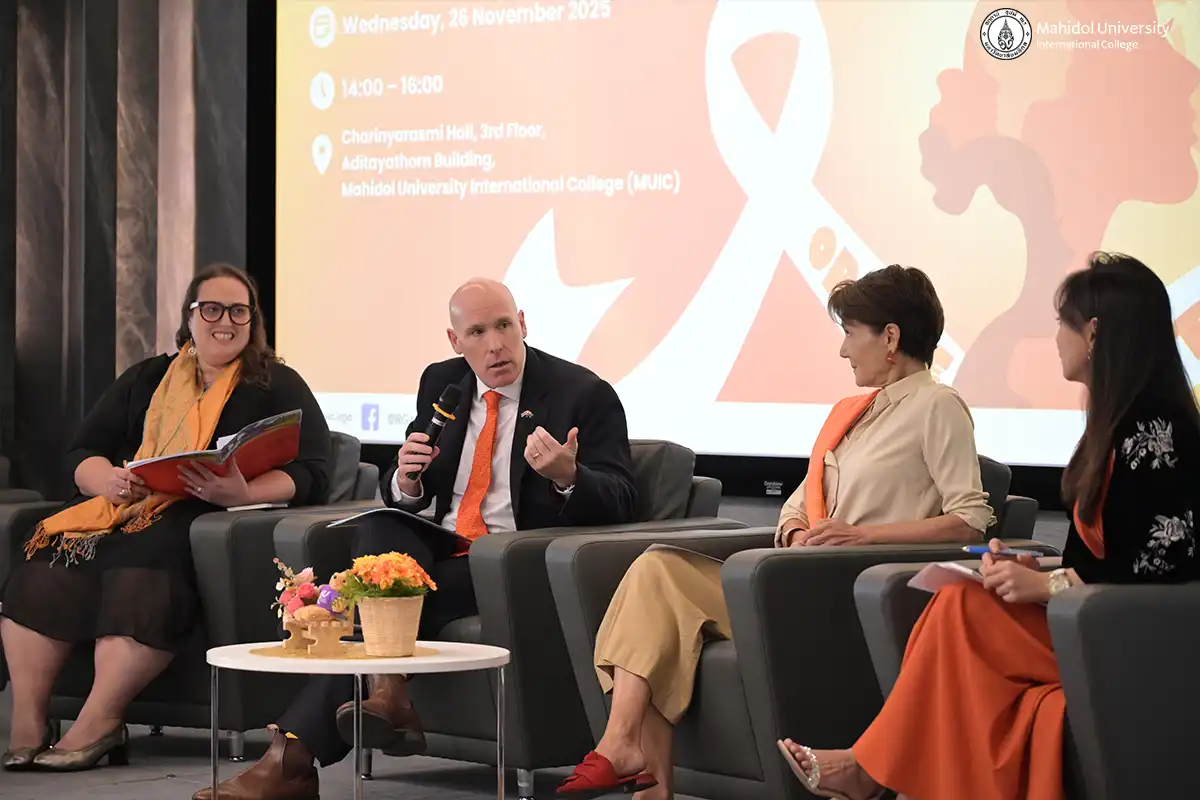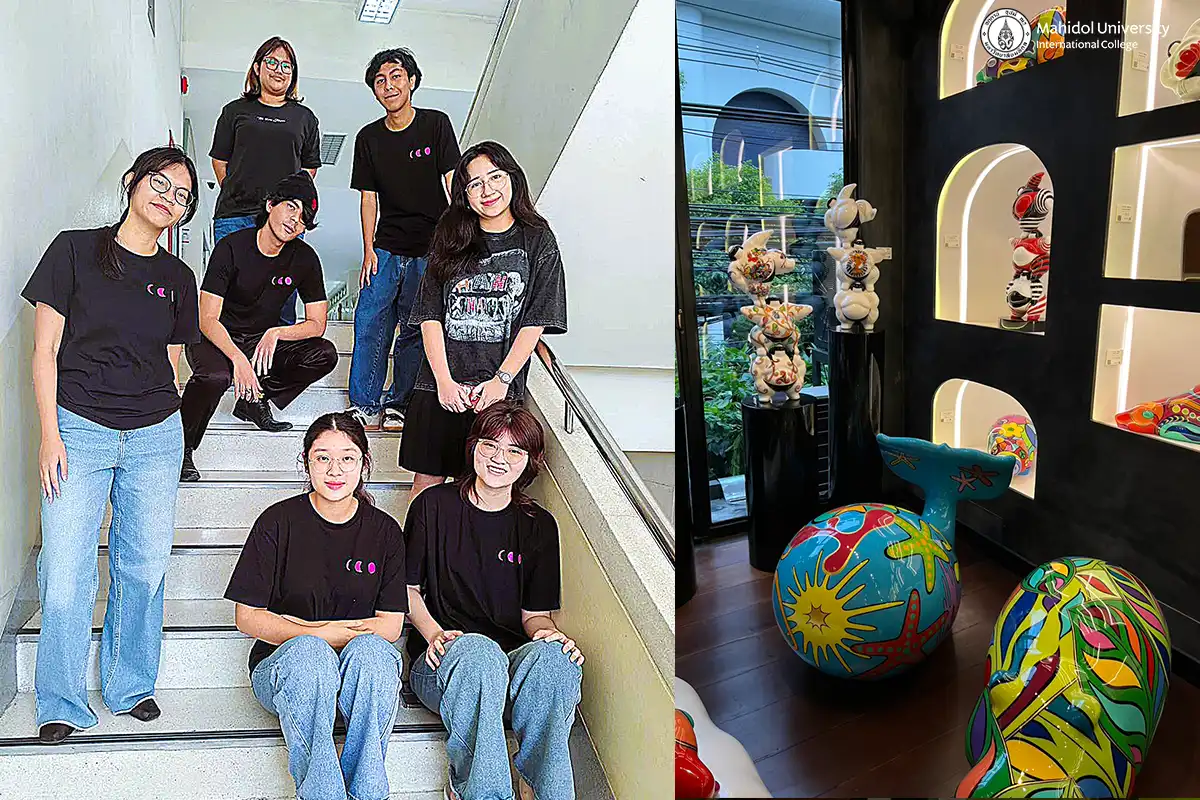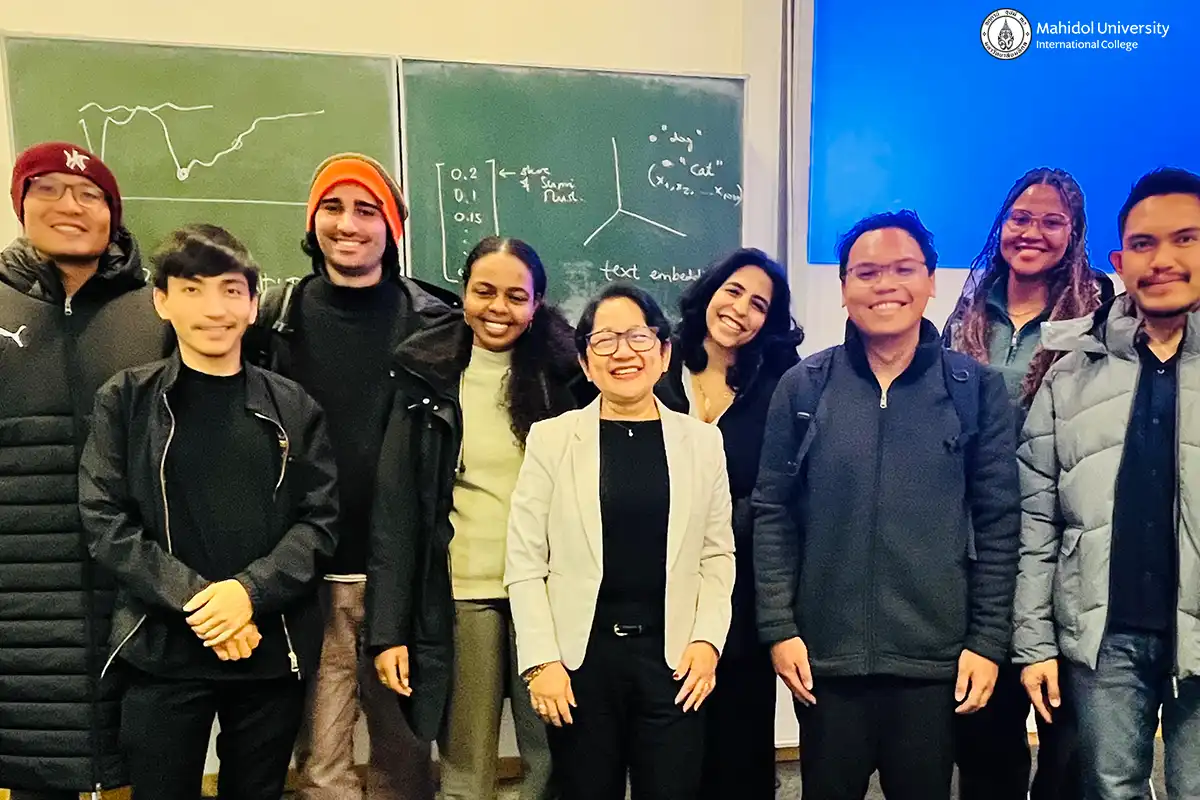Bangkok Governor Lists Qualities You Need to Become a Global Citizen
March 30, 2023 2023-03-30 6:06Bangkok Governor Lists Qualities You Need to Become a Global Citizen
What does it take to become a global citizen? Dr. Chadchart Sittipunt, Governor of Bangkok, was the guest speaker in Mahidol University International College’s (MUIC) 37th Anniversary on March 23, 2023. In his speech about “Creating Global Citizens,” the governor enumerated what he believes are the qualities one needs to become a global citizen.
- Discipline
“Freedom is good but you have to control yourself. If you are undisciplined, you will be a slave to your moods and actions. When I was young, I studied very hard; I didn’t have much time for parties or other social events. I have the discipline to study. But now I’m free. I can be anything I want. I can become a governor, a government minister, the CEO of a company, or a professor. Because I had discipline in the beginning, now I can follow my dreams. I think discipline is a key thing to become a global citizen in the future.”
- Curiosity
“The key thing about being original is that you need curiosity. You may be specialized in your area like health care, business, or others. However, I think you will need to have T-shaped skills. You need to have depth of knowledge which is your specialized skills but you also must have a breadth of knowledge about other subjects like philosophy, economics, social science, arts and others. To find solutions in globalization challenges, you need more than your deep knowledge. You need wide knowledge to see the complete picture.”
- First Things First
“The book 7 Habits of Highly Effective People written by Stephen Covey compared our lives to an empty jar in which you put rocks, pebbles, and sand. Rocks represent the most important things in your life while pebbles represent the less important things. On the other hand, sand stands for the least important things in your life. Often we spend more time on less important things in life like watching Tiktok videos and not on the more important things like health, family, reading books. So if you want to be a global citizen, put first things first. If you put sand first in the jar, then you won’t have time for important things. But if you put your rocks first then you’ll have space for sand.”
- Acquire More Knowledge
People have confidence when they have knowledge. When students first come to Mahidol University, their confidence is still low. But when they start acquiring new knowledge then they start feeling more confident. However, when you think you know everything and you stop learning, you’ll be stuck on Mount Stupid. But when you acknowledge that you still have a lot to learn and you keep on learning, you’ll realize that you know nothing, and you reach the Valley of Despair. So you must continue learning, upwards through the Slope of Enlightenment until you eventually reach the Plateau of Sustainability. But many people are stuck on Mount Stupid because they’re so confident on what little they know.”
- Challenge Old Beliefs
“When you’re constantly reading books, you start to question the old ideas. Don’t always believe what has been done before. Doubt what you know. Update your ideas with new information. This is important if you want to become a global citizen because everything in the world changes. Even knowledge changes. When I ran for governor, there were a lot of suggestions for me. You must have a political party, they said. You need the 300,000 votes of the political party. You must have big rallies. You must have a large investment. Etc. Well, I did the opposite. I didn’t follow the usual practices. Instead, I asked myself, “What do the people need?” I might not have become the governor if I followed the old beliefs. My team became more efficient. We used old newspapers for the handbills because people like reading newspapers. Then I looked at the campaign billboards. I decided to use smaller ones. Don’t always believe what has been done before. That’s how we should prepare for the future.”
- Empathy
“Empathy is important to a global citizen. All of you here are in a better social position or circumstances compared to numerous other people in this city and in our world. But the key thing is to empathize with others. The results of a survey done by a Thai economics professor show that Thai society values obedience, discipline, and a good college education. That’s what our parents taught us. But there are other values that are important too. In other countries like Europe, Japan and others, you have to respect public rights, you have to empathize.
“In Bangkok there are many sidewalk food sellers. People would ask me to remove them from the streets because they are eyesores. But it’s difficult for me to do that. After talking to them, I learned that there’s nowhere else they can go. They have a family to support. We have to empathize with them. We must understand people’s lives. Try to help them get a better life. For now we’ve let them stay but after a year we plan to relocate them to places like in Singapore’s hawker centers. In small sois, they can stay but they should make sure their surrounding is clean, that there is walking space for pedestrians. Find the good thing in people. Understand the hardship and the pain in other people’s lives.”
And there you have it: A successful leader’s tips on how to become a global citizen. It’s not yet too late to heed his advice and acquire habits that will make you successful.
View more YouTube videos:
MUIC Celebrates 37th Anniversary: “Lifelong Learning, Global Citizenship, and Sustainability”
MUIC Celebrates 37th Anniversary : Dr. Chadchart Sittipunt, Governor of Bangkok
MUIC Celebrates 37th Anniversary: Student Health Innovation Showcase
MUIC Celebrates 37th Anniversary: Health Innovation Design Collaboration
MUIC Celebrates 37th Anniversary – MUIC X SIRIRAJ (MOU)
